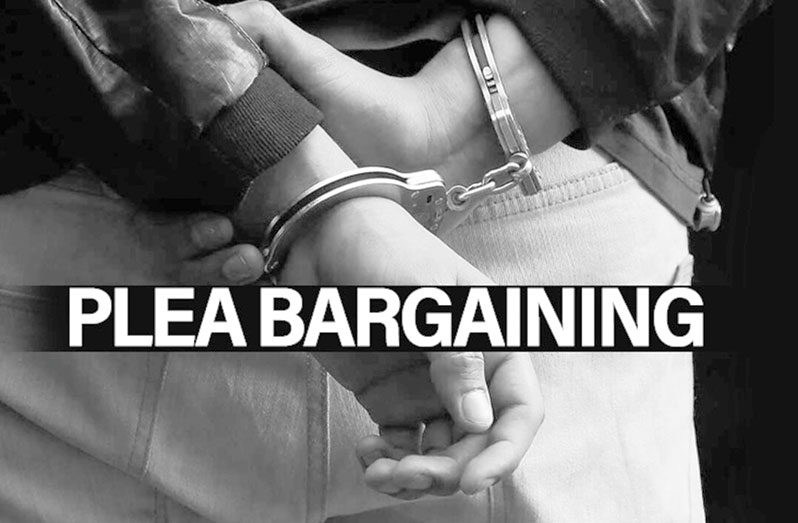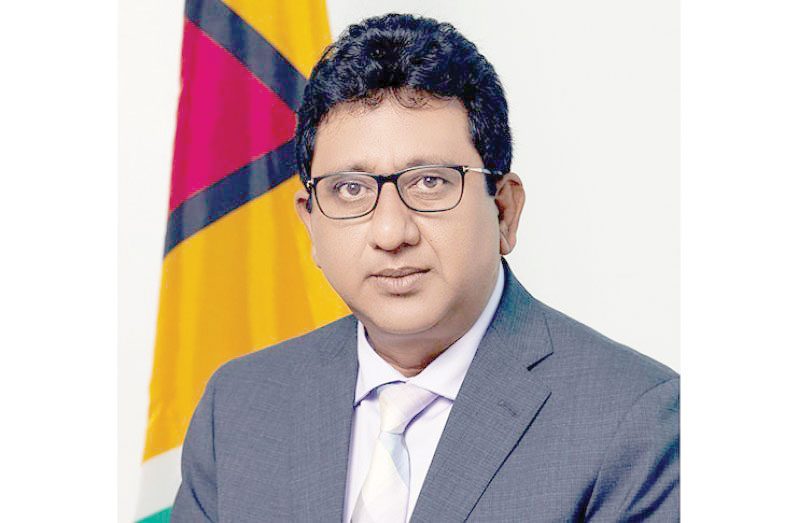-plea discussions and agreements part of plans to streamline criminal proceedings
THE government has introduced a draft Criminal Procedure (Plea Discussion and Plea Agreement) Bill, a comprehensive piece of legislation which seeks to establish a system of plea discussions and plea agreements in criminal procedure.
The bill seeks to repeal the Criminal Procedure (Plea Bargaining and Plea Agreement) Act, Chapter 10:09 and re-enact legislation which addresses the gaps in the current law to effectively expedite criminal proceedings, protect the rights of the individual and ensure offenders are properly sentenced in accordance with the law.
The bill, which was prepared by the Attorney General’s Chambers and the Ministry of Legal Affairs, consists of five parts and 38 clauses.
It seeks to streamline the justice system while ensuring the protection of the rights of the accused as well as the interests of victims.

The primary objective of the bill is to provide a framework for plea discussions and plea agreements at any stage before conviction, including before charges are laid.
Under the proposed law, both summary and indictable offences would be subject to the provisions, with specific safeguards in place to preserve the right of an accused person to plead guilty without entering into a plea bargaining or seeking a sentencing indication from the court.
Part One of the bill outlines the preliminary provisions, including the short title and commencement of the legislation. It also provides definitions for key terms such as “improper inducement,” “a particular course of action,” “suspect,” and “victim.” Importantly, the bill defines the scope and nature of a plea agreement, setting the stage for its implementation in subsequent parts.
Part Two deals with the procedure surrounding plea discussions, imposing requirements for obtaining permission from the Director of Public Prosecutions before entering into such discussions or concluding a plea agreement.
It expressly prohibits the use of improper inducements and outlines circumstances in which a prosecutor is restricted from participating in plea discussions.
The bill also establishes the rights of an accused person to have legal representation during plea discussions, ensuring fairness and protection of their interests.
Part Three focuses on victim impact statements, emphasising the rights of victims and their families. The bill outlines the duty of prosecutors to inform victims of their right to provide impact statements while setting limitations on the content that can be included.
It also provides procedures for cases where victims are deceased, ill, incapacitated, or cannot be found, allowing their relatives or authorised representatives to provide impact statements.
Part Four lays out the procedure for plea agreements and plea agreement hearings. It establishes the necessary documents that must accompany a plea agreement, including its filing with the Clerk of the Court or Registrar.
The bill outlines the timeframe for conducting plea agreement hearings and provides guidelines for cases where an agreement is filed before or during committal proceedings. It clarifies that acceptance of a plea agreement is not binding on the court and outlines the process for an accused person to withdraw from an agreement.
Finally, Part Five includes general and miscellaneous provisions, including avenues for appeals by both accused persons and the Director of Public Prosecutions in cases where plea agreements are rejected.
It also addresses the admissibility of withdrawn plea agreements as evidence and empowers the court to order the sealing of records related to plea discussions or agreements. The minister is granted authority to amend the schedule and make regulations as needed.
The AG’s Chambers said that only recently, judges of the Caribbean Court of Justice (CCJ) lauded the manner in which plea bargain mechanisms have worked in other jurisdictions, contributing significantly to speed and efficiency in the administration of criminal justice.
The Attorney-General and Minister of Legal Affairs, Anil Nandlall, in April 2023 invited comments in writing on the draft Criminal Procedure (Plea Discussion and Plea Agreement) Bill.
Submissions were solicited from the Chambers of the Director of Public Prosecutions, the Office of the Police Legal Advisor, the Guyana Bar Association, the Berbice Bar Association, and the Law Reform Commission.
The draft bill will soon be taken to Cabinet and will subsequently be laid in the National Assembly.



.jpg)








